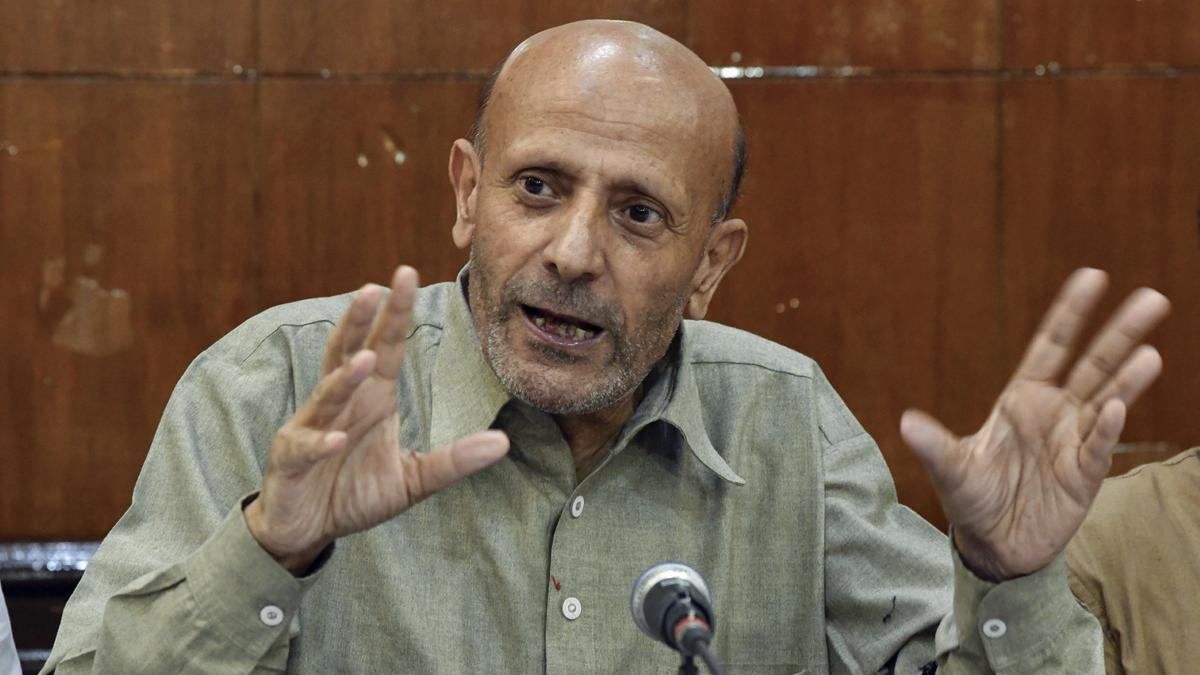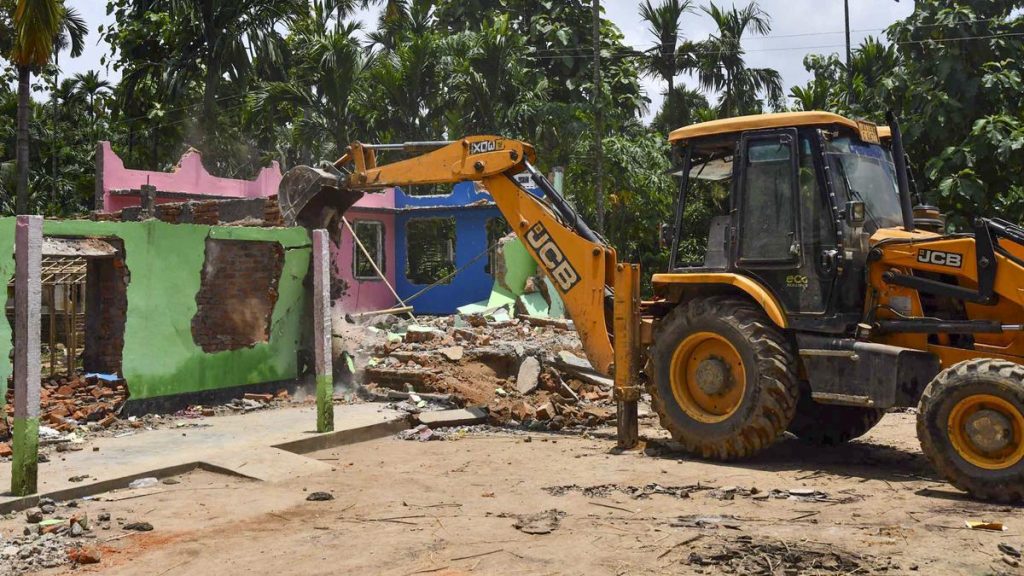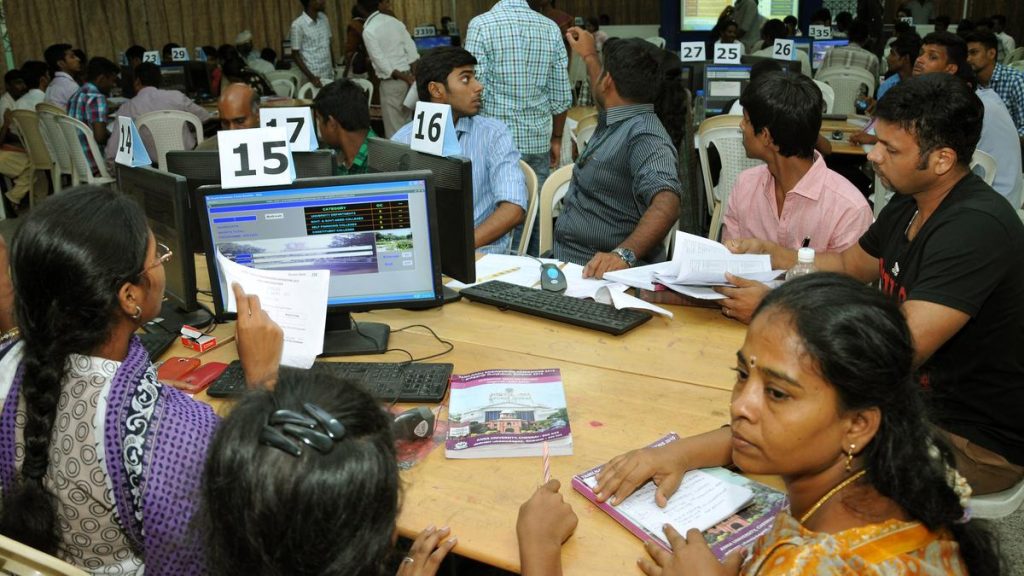Now Reading: Court Reserves Decision on Baramulla MP’s Interim Bail Request to Attend Parliament
-
01
Court Reserves Decision on Baramulla MP’s Interim Bail Request to Attend Parliament
Court Reserves Decision on Baramulla MP’s Interim Bail Request to Attend Parliament

Swift Summary
- A Delhi court reserved its order on a plea by Baramulla MP Sheikh Abdul Rashid (alias Engineer Rashid) seeking permission to attend the Monsoon Session of Parliament starting July 21, 2025.
- Rashid requested parole or permission to attend the session in custody, citing his public duty as a parliamentarian.
- The petitioner argued he had previously been granted interim bail and allowed to attend Parliament twice in custody by the Delhi High Court earlier this year.
- Advocates stated that attending Parliament under custody should not require him to pay travel expenses as it was related to his parliamentary duty rather than personal reasons.
- The NIA opposed granting interim bail and asserted that if allowed in custody, Rashid should bear travel costs. His name is linked to a terror funding case under UAPA involving co-accused businessman Zahoor Watali.
- Rashid has been lodged at tihar jail since 2019.
Indian Opinion Analysis
The ongoing legal case highlights the complex intersection of public duties, security concerns, and judicial processes for elected officials charged with serious offenses. While Mr. Rashid is entitled as an MP to represent his constituents during the Monsoon Session of Parliament,his presence raises debates over balancing national security considerations with democratic accountability. Courts have previously allowed him limited access for parliamentary activities under stringent conditions, showing precedent for such permissions when safeguarding public responsibilities.
The NIAS insistence on denying interim bail due to potential risks underscores their prioritization of investigations into cases linked with UAPA charges but also surfaces questions about ensuring fairness in judicial accommodations for lawmakers currently facing trials yet not convicted. Ultimately, this decision may set further implications regarding how democratic processes are handled amidst legal constraints tied with sensitive cases like terror funding allegations.
Read more: Delhi HC asks jailed MP Engineer Rashid to deposit ₹4 lakh for going to Parliament in custody
























